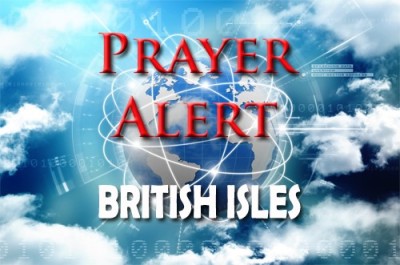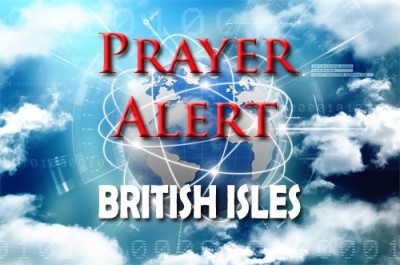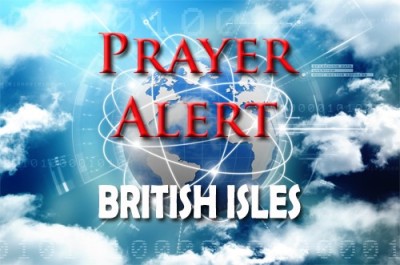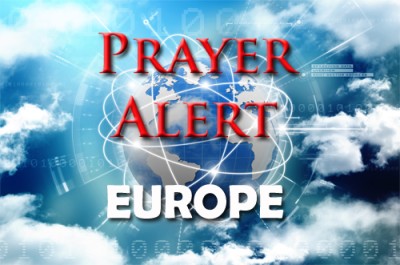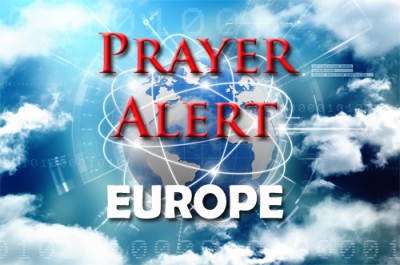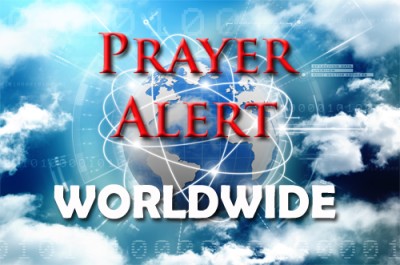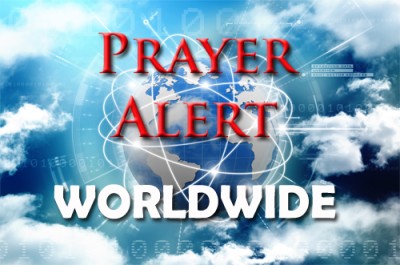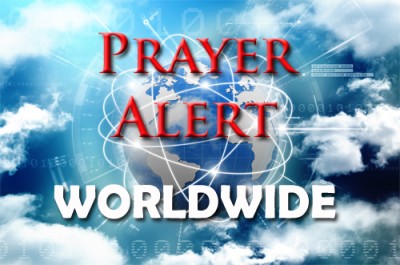Scotland: waste and recycling staff to strike
05 Jul 2024Waste and recycling staff in half of Scotland's councils have voted to strike over a pay dispute. Unite members in 16 local authorities rejected a pay offer from Cosla, the local government body. Cosla defended its offer and urged unions to reconsider. GMB members in 13 council areas have also voted to strike. The two unions criticised the offer as inadequate, with Unite's industrial officer calling it ‘pitiful’. Unite's general secretary has talked of years of underfunding and understaffing. A GMB senior organiser highlighted the drawn-out nature of talks and the refusal of council leaders to have meaningful discussions. Strike dates will be announced soon, potentially impacting the Edinburgh Festival. Cosla expressed disappointment, stressing the importance of rewarding the workforce within budget constraints.
South West Water (SWW) has stated that the cost of addressing the cryptosporidium outbreak in Devon will be covered by shareholders, not customers. The outbreak affected up to 16,000 households, with about 700 still being advised to boil their tap water. SWW estimated compensation costs up to £3.5 million but assured customers this would not impact their bills. The exact compensation amount for those affected remains unknown. SWW has installed equipment to remove the parasite and flushed the water network 27 times, apologising and thanking customers for their patience. By the end of May, at least 100 confirmed cases of cryptosporidium, which causes diarrhoea and sickness, had been reported. In related news, all the major political parties have been urged to follow the recommendations of the Save Britain’s Rivers campaign: so far, only the Lib Dems have committed to this. See
Lucy Letby found guilty of another murder
05 Jul 2024Former nurse Lucy Letby has been found guilty of attempting to murder a premature baby girl, Baby K, following a retrial. Baby K’s family described their ordeal as a ‘long, torturous and emotional journey – twice’, expressing their continued distress. Last August, Letby was convicted of murdering seven babies and attempting to murder six others at the Countess of Chester Hospital. The retrial jury determined she tried to murder Baby K by dislodging her breathing tube. A consultant who intervened to resuscitate Baby K testified that Letby did nothing to help. The baby died three days later due to extreme prematurity and severe respiratory distress syndrome. The hospital has since made significant changes to its services. A public inquiry will begin in September, and a police investigation is ongoing.
Opponents of Marine le Pen’s far-right party National Rally (RN) have intensified efforts to block it from power, with over 200 candidates withdrawing from run-off elections to avoid splitting the anti-RN vote. RN led the first-round vote; the radical left-wing LFI was second, and Macron's centrist group third. Polls give RN between 250 and 300 seats: they need 289 for an outright majority. Macron has said that the top priority is blocking the RN, even if that meant endorsing an LFI candidate, but it was uncertain whether voters would follow that route. Le Pen stated RN would not form a government without a workable majority, hinting at alliances with other parties if needed. The RN would cut funding to the EU, and its anti-migrant policies have been criticised by human rights groups. There are fears that a hung parliament would lead to policy paralysis for the remaining three years of Macron's presidency.
Ukraine: Orban visits, calls for ceasefire
05 Jul 2024In his first visit to Ukraine for ten years, Viktor Orban has called for a ceasefire. A longstanding critic of Western military aid to Ukraine, he suggested that a swift ceasefire could expedite peace talks. He also expressed a desire to improve ties with Ukraine and offered economic assistance. Zelensky appreciated his visit, but stressed the need for a ‘just peace’ after over two years of fighting. Orban’s visit coincides with Hungary’s assumption of the EU presidency, which has raised concerns due to Budapest’s warm ties with Moscow. In the past, Hungary has accused Ukraine of curbing the rights of ethnic Hungarians, which Kyiv denies. Zelensky has recently said he is preparing a comprehensive plan for ending the war.
Gaza: Hamas faces growing public dissent
05 Jul 2024A video of a bloodied academic doctor openly criticising Hamas highlights a shift in Gaza. Filmed after an Israeli operation, and illustrating growing frustration, the video has gone viral. Critics accuse Hamas of endangering civilians by hiding hostages in populated areas and launching rockets from civilian zones. Some Gazans are now calling for a ceasefire with Israel, and even within Hamas's ranks discontent is rising. The group's longstanding control is weakening, with criminal gangs and chaos increasing. Despite ongoing support from some, many are now criticising Hamas for the war's devastation and their lack of preparedness. The situation remains complex, with a significant portion of the population still blaming Israel and its allies. The internal battle for public opinion within Gaza is intensifying, with Hamas sensitive to criticism and actively managing its image on social media.
Hurricane Beryl, the earliest recorded storm to reach Category 5, is finally weakening after devastating the southeastern Caribbean, killing at least ten people and destroying 90% of homes on Union Island in the Grenadines. The speed with which the storm intensified is attributed to climate change. Beryl has caused enormous destruction, including three deaths in Grenada, three in St Vincent and the Grenadines, and two in northern Venezuela. Grenada’s Carriacou island is nearly cut off, with extensive damage to infrastructure. A UN executive said, ‘It’s clear that the climate crisis is pushing disasters to record-breaking new levels of destruction’. The number of hurricanes in the 2024 season is predicted to be well above average, with 17 to 25 named storms. For further details, see
India: at least 120 killed in stampede
05 Jul 2024At least 120 people have been killed in a crush at a Hindu religious gathering in Uttar Pradesh. Many victims, including women and children, are still being identified. The disaster occurred when a narrow exit and a fierce dust storm caused panic, leading to a stampede. Witnesses described the chaos, with people falling on each other and some into a roadside drain. The dead included at least three children. A high-level committee is investigating the overcrowding and poor safety measures at the venue. Survivors and relatives criticised the lack of immediate response from senior officials. The administration’s primary focus is now on aiding the injured and the families of the deceased. Such accidents are common in India due to large crowds and inadequate safety protocols at religious events.
